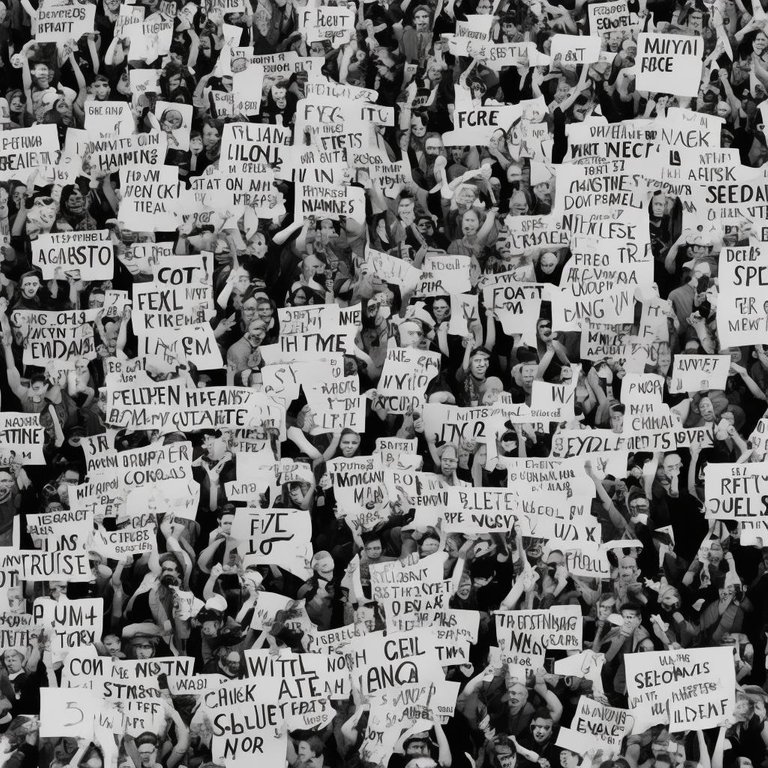The Problem with Centralized Social Media
By enabling people to communicate with one another and express their opinions easily, social media platforms like Twitter, Facebook, Instagram, and a few others have become an integral part of our everyday lives. These platforms are, nevertheless, centrally controlled. In other words, the data is under the jurisdiction of one or more entities, who have the authority to edit or delete any content they feel is undesirable. This has resulted in several instances of censorship, particularly when people express controversial topics online.

The Solution: Decentralized Platforms
Utilizing decentralized platforms powered by blockchain technology will solve this issue (web 3). Blockchain is a distributed ledger technology that enables numerous parties to record and confirm transactions. Decentralized systems for social media provide individuals sovereignty over their data and the flexibility to post whatever they want without worrying about being censored.
Decentralized Social Media
One of the most widely used decentralized networks in recent years is the Hive blockchain. Users can produce and moderate their own content and get paid in cryptocurrencies for doing so. Other instances include Minds, a decentralized social network that respects users' right to free speech and privacy.
The Advantages of Decentralized Social Media
Comparing decentralized social media networks to centralized ones reveals various benefits. First, because they are not subject to a centralized authority that might censor or remove content, users have more autonomy over their data. Because users are not required to give their personal information to a central authority, it also offers a higher level of privacy. The third feature is that users can receive prizes for their work. As a result, involvement is encouraged, and the community becomes livelier and more engaged.
The Disadvantages of Decentralized Social Media
While decentralized social media has many advantages, it also has some disadvantages to consider. The big problem is that many people are unfamiliar with blockchain technology and how it works, so it is not being adopted.This can make it difficult for decentralized platforms to gain a foothold and attract a large user base. Additionally, decentralized platforms may not have the same level of resources and support as centralized platforms, which can make it difficult to resolve issues and provide user support.
The Future of Social Media
Despite Elon Musk's claims that Twitter is a venue for free speech, this has not always been the case. Users' Twitter accounts have been banned recently, demonstrating that the platform is not as free as it claims to be. However, resolving this issue by utilizing a decentralized platform like the blockchain is possible. Clearly, decentralized social media platforms have the potential to solve the problem of free speech on social media. However, it remains to be seen how successful these platforms will be in the long run. Decentralized platforms may continue to grow and become more important as more people become aware of blockchain technology and its potential uses. In the future, decentralized platforms may become the norm, allowing greater freedom of expression and a more open and democratic internet.
Conclusion
In summary, decentralized social media platforms offer a solution to the censorship and free speech problems of traditional centralized platforms. Although challenges remain, the benefits of decentralization have seen exciting and promising developments in the world of social media. Whether decentralized platforms will become the dominant force in the industry remains to be seen, but they are a promising alternative to traditional centralized platforms.
Disclaimer: The views and opinions expressed in this blog are those of the author and do not necessarily reflect the official policy or position of any company or organization. The author is not responsible for any errors or omissions.